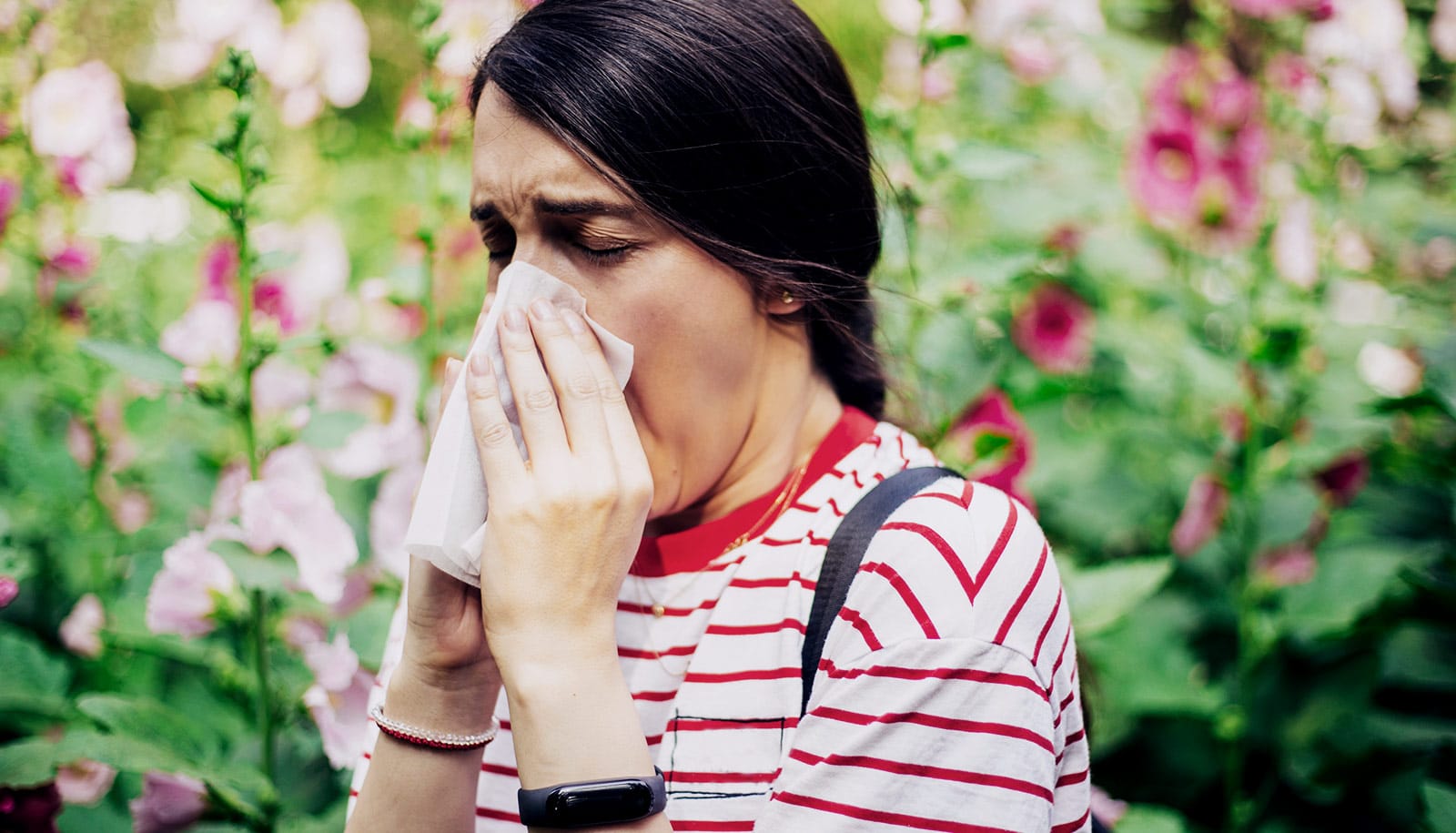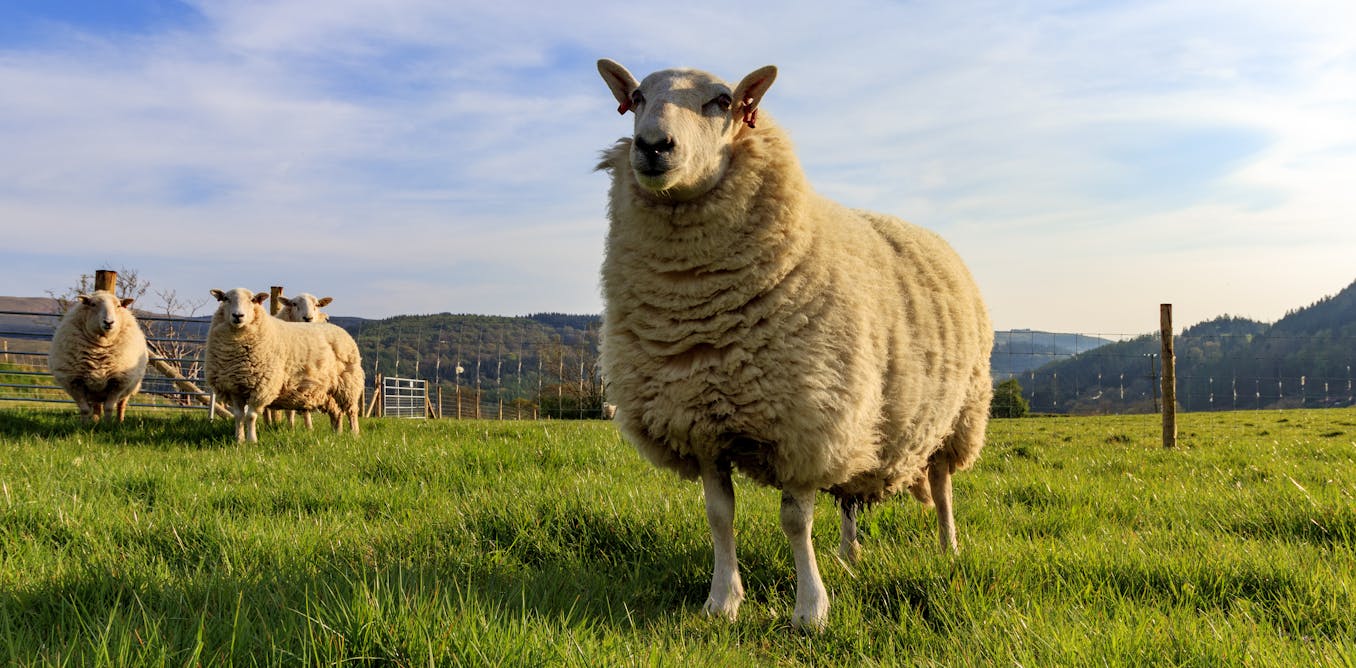Raising cattle on native grasses in the eastern U.S. benefits farmers, wildlife and the soil
Growing native grasses as cattle forage is an example of working lands conservation – balancing human use of the land with conservation goals.
April 12, 2022 • ~8 min





